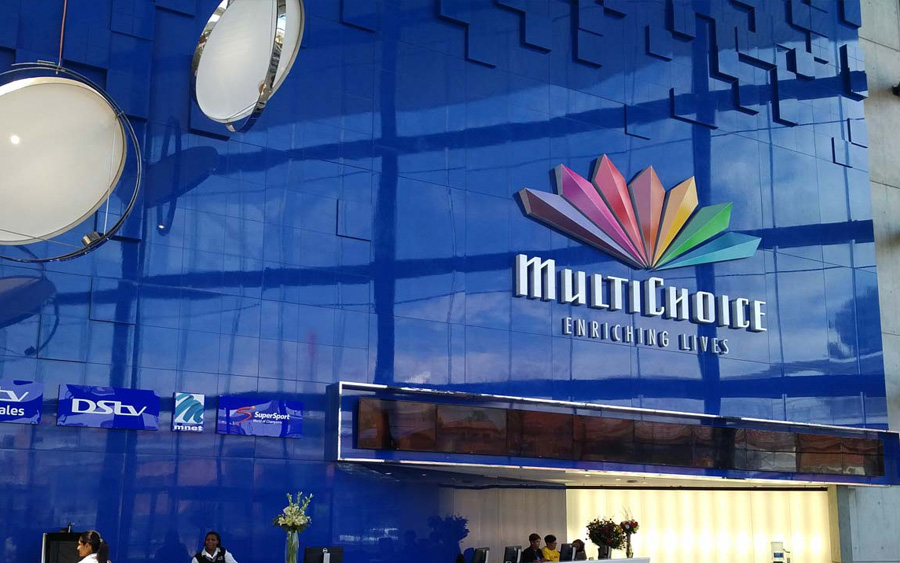Pay-tv company, MultiChoice, has announced that it intends to restructure its customer service delivery model. This will lead to some 2000 employees losing their job, and according to the company, customers’ behaviour is to blame.
The parent company of DSTV and GoTV did not announce when the job cut will begin but disclosed that it would enter into a consultation process with 2,194 of its employees within customer care (call centre) and the walk-in centres.
MultiChoice said customers’ preference for self-service and interfacing with the company through digital technology has called for the need to grow beyond brick and mortar customer care. This advancement will cost about 2000 employees their jobs out of the 2,750 individuals working in 14 countries.
Also, the decision to cut jobs was spurred on by the increasing competition from Over-The-Top (OTT) companies like Netflix. MultiChoice said it’s repositioning its customer care in order to compete against Netflix and other growing Video-On-Demand (VOD) platforms entering Africa’s entertainment media market.
Workers who are not multi-skilled will be affected the most, as MultiChoice is looking to create more opportunities for multi-skilled workers with technological prowess, however, with the company looking to advance beyond call centre and walk-in centre by incorporating technology services to interact with customers, chances are slim.
While speaking about the restructuring, MultiChoice Group Chief Executive, Calvo Mawela, said measures have been taken to reduce the impact of the restructuring on the company’s employees, stating if the decision is not taken now, everyone’s job will be at risk.
According to Mawela, the company would enter into a “consultation process with 2,194 of its employees within customer care (call centre) and the walk-in centres as part of the strategic realignment of its customer service delivery model”.
“The realignment is a response to the changing behaviour of customers, who are increasingly moving away from traditional voice calls and visits to walk-in centres and adopting new self-service and digital technologies to engage with the company,” Mawela said.
“The video entertainment sector is seeing a rapid evolution with a growing number of players that have entered the industry. We have worked hard to minimise the impact of the business realignment on our people – those directly impacted by the process and their colleagues in the rest of the business.
“This has not been an easy decision to make. But, in a business driven by advancing technologies, we must continue to drive efficiencies, yet be agile enough to adapt to evolving customer needs to ensure that we remain relevant, competitive and sustainable.
“We must act decisively to align to the change in customer behaviour and competition from (over-the-top, or OTT) services (like Netflix) because if we don’t reposition now, we run the risk of being completely misaligned and we put everyone’s jobs at risk.”
Note: In Nigeria, over 1,000 individuals are directly employed by MultiChoice, and thousands more indirectly.
[READ MORE: A tale of 7 Startups that have failed in Nigeria]




















